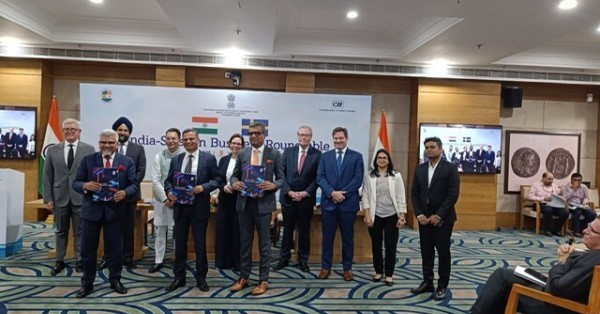As part of its plan for broader cost cuts, Meta Platforms Inc., the parent company of Facebook, is contemplating different divestiture options for Kustomer, the customer service software firm it acquired for $1 billion in 2020.
Meta has not yet finalized its decision but is considering either spinning off the business or attempting to sell it, according to a source familiar with the matter. A Meta spokesperson stated that the firm is concentrating on its fastest-growing business messaging offerings, including the monetization potential for WhatsApp, as part of its efficiency efforts. Meta is exploring strategic alternatives for Kustomer and will continue to support Kustomer’s product and customer base during this process.
Meta purchased Kustomer in late 2020 with the goal of creating more customer service tools within WhatsApp and Messenger. Kustomer’s software allows businesses to manage customer messages from multiple services on one central dashboard and was viewed as a critical component of Meta’s efforts to monetize its messaging applications. The acquisition’s closing was delayed when the Federal Trade Commission sued Meta, but regulatory issues were resolved in early 2022.





















